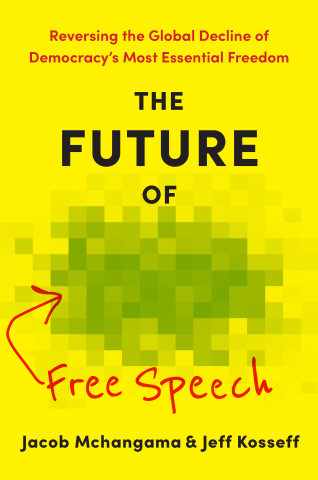
Reviews
Recommended.
This is a vital book for understanding the dysfunctional dynamics of 21st century American politics. Rojecki brings an extraordinarily wide range of ideas and data together to explain the effects of globalization and its attendant insecurities on domestic politics. The book is creative, innovative, beautifully written, provocative and surprising. It will become a classic of political science, communication and sociology, and with any luck could actually help Americans see their way through to a more secure and rational future.
Climate change and environmental despoliation, financial meltdowns and increased poverty, asymmetric warfare and terror—these, are just some of the crises spawned by today’s globally interconnected, inegalitarian world. They represent the dark side of globalization. Andrew Rojecki shines a much-needed torch on how the politics of insecurity produced by such crises are played out in contemporary America. Incisive, erudite, highly recommended.
Rojecki’s elegant and deeply researched book shows how to do political science about actual people, as against the fantasies of rational-choice theory or the figments of constitutionalism. Interest figures in the media and in politics, but not in the people. Until further notice, terror is the medium and the message.
This ambitious, effective book exposes readers to the broader context in which our current political problems are playing out and provokes us to consider why our representatives seem so unable to deal forthrightly with those problems.
Clearly and engagingly written, this book will lend itself to course adoption while appealing to a broad and multidisciplinary audience of scholars and general readers.
Book Details
List of Figures and Tables
Acknowledgments
1. Globalization and Insecurity
2. Uncertainty, Interests, and Identity
3. Unknown Unknowns
4. American Exceptionalism and Post-9/11 Foreign Policy
5. Climate
List of Figures and Tables
Acknowledgments
1. Globalization and Insecurity
2. Uncertainty, Interests, and Identity
3. Unknown Unknowns
4. American Exceptionalism and Post-9/11 Foreign Policy
5. Climate Change and the Flood
6. Porosity and Paradox
7. Reaction from the Right
8. Reactions from the Left
9. The New Normal and the Limits of Insecurity
References
Index






